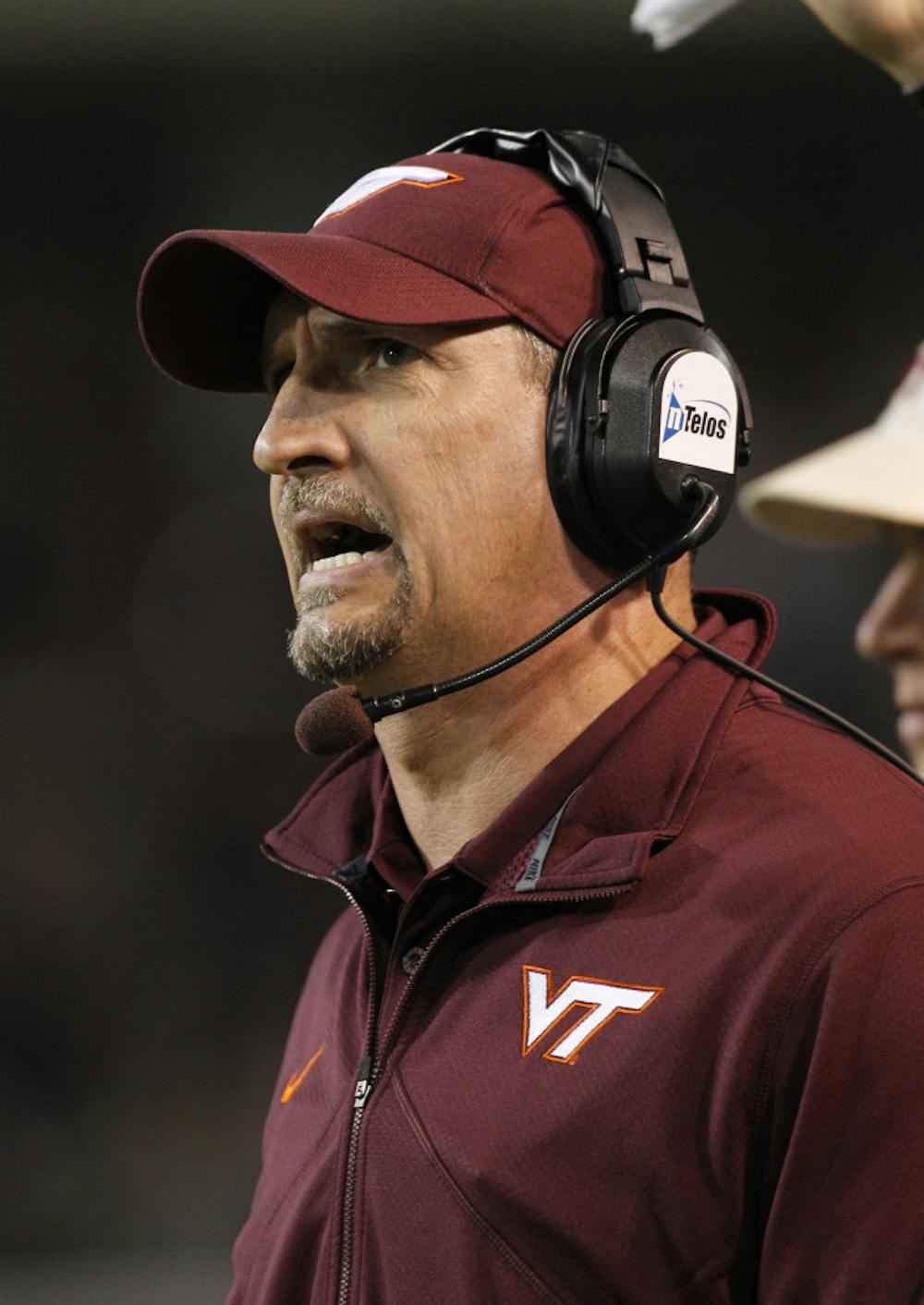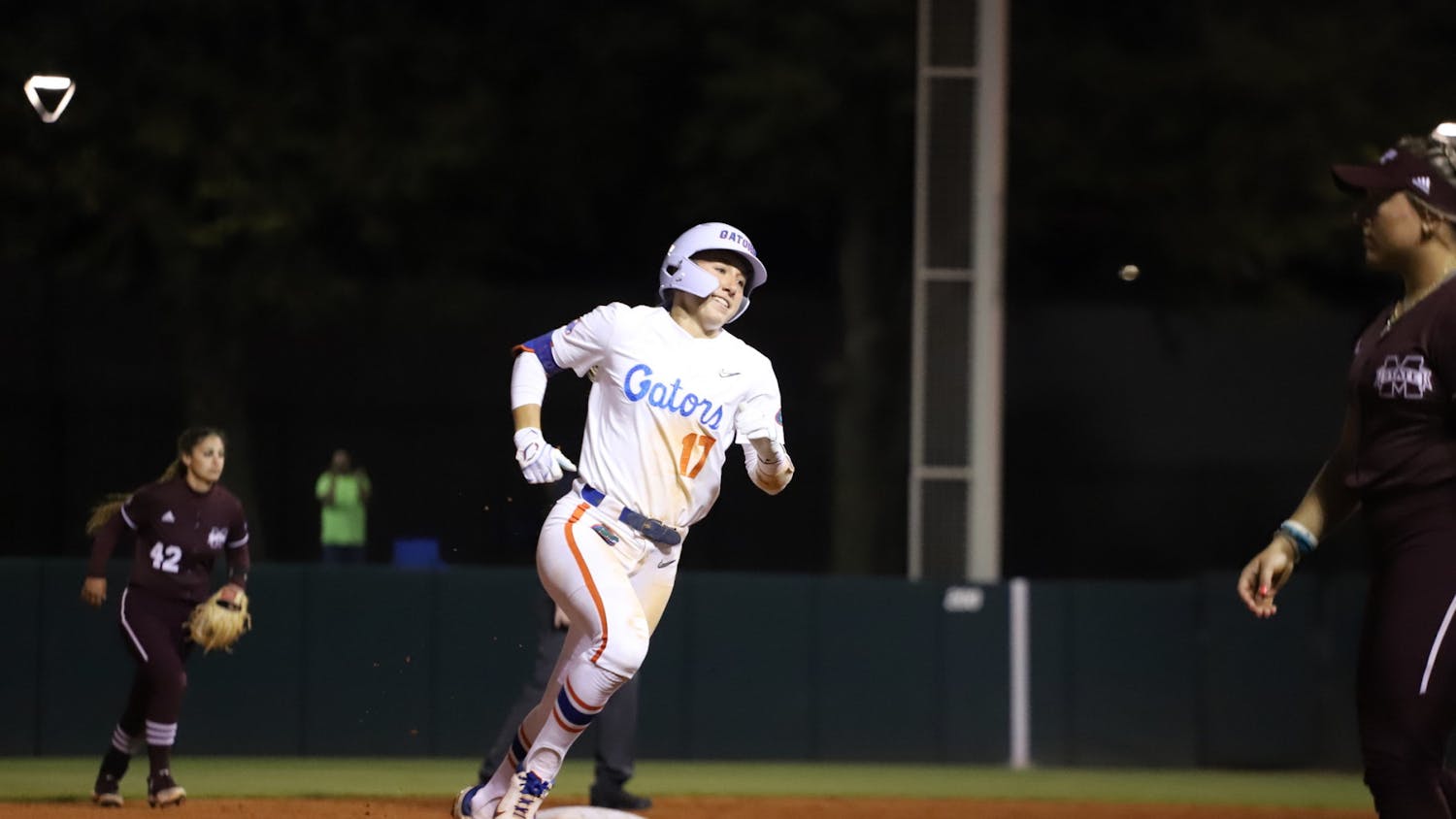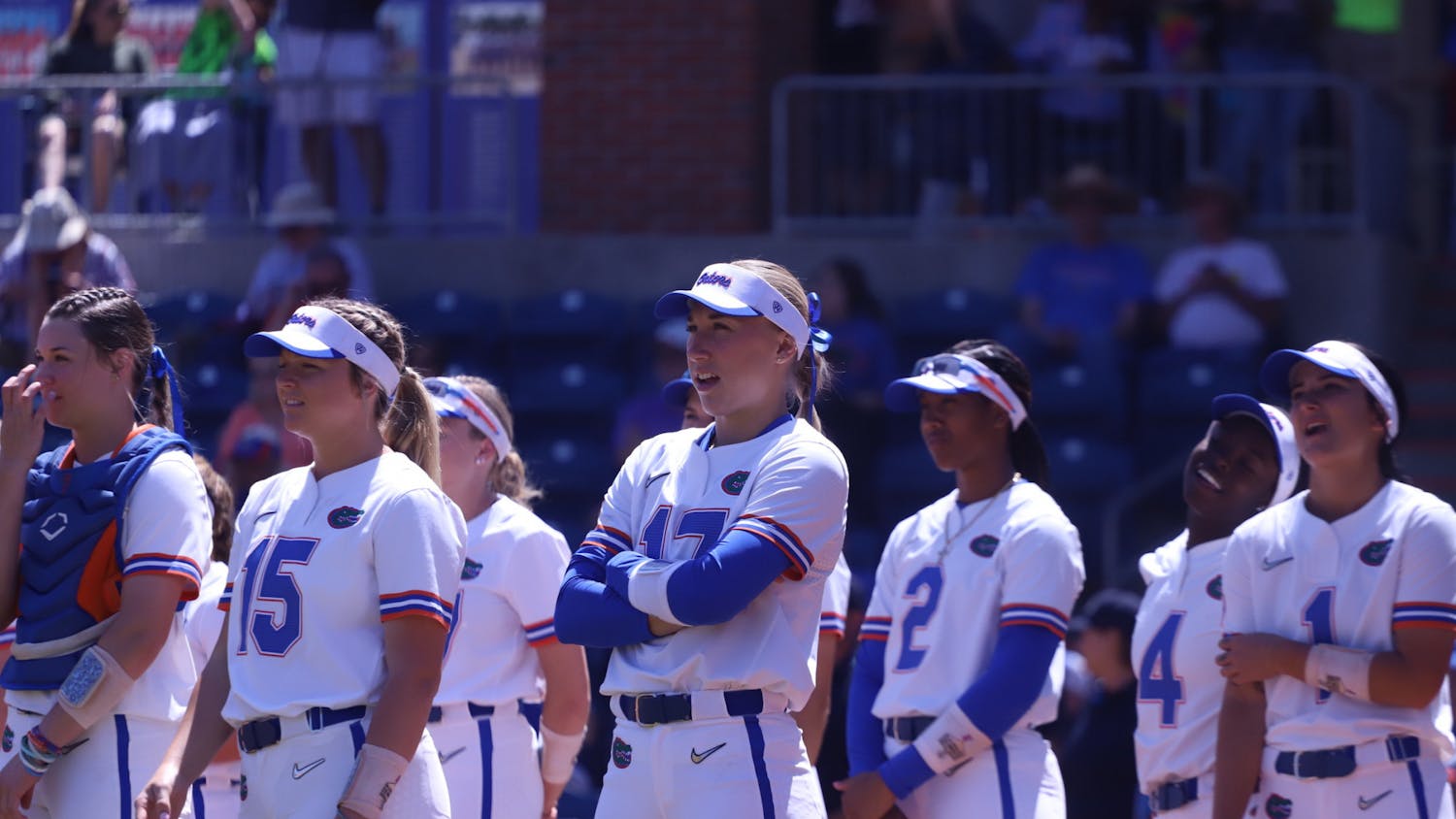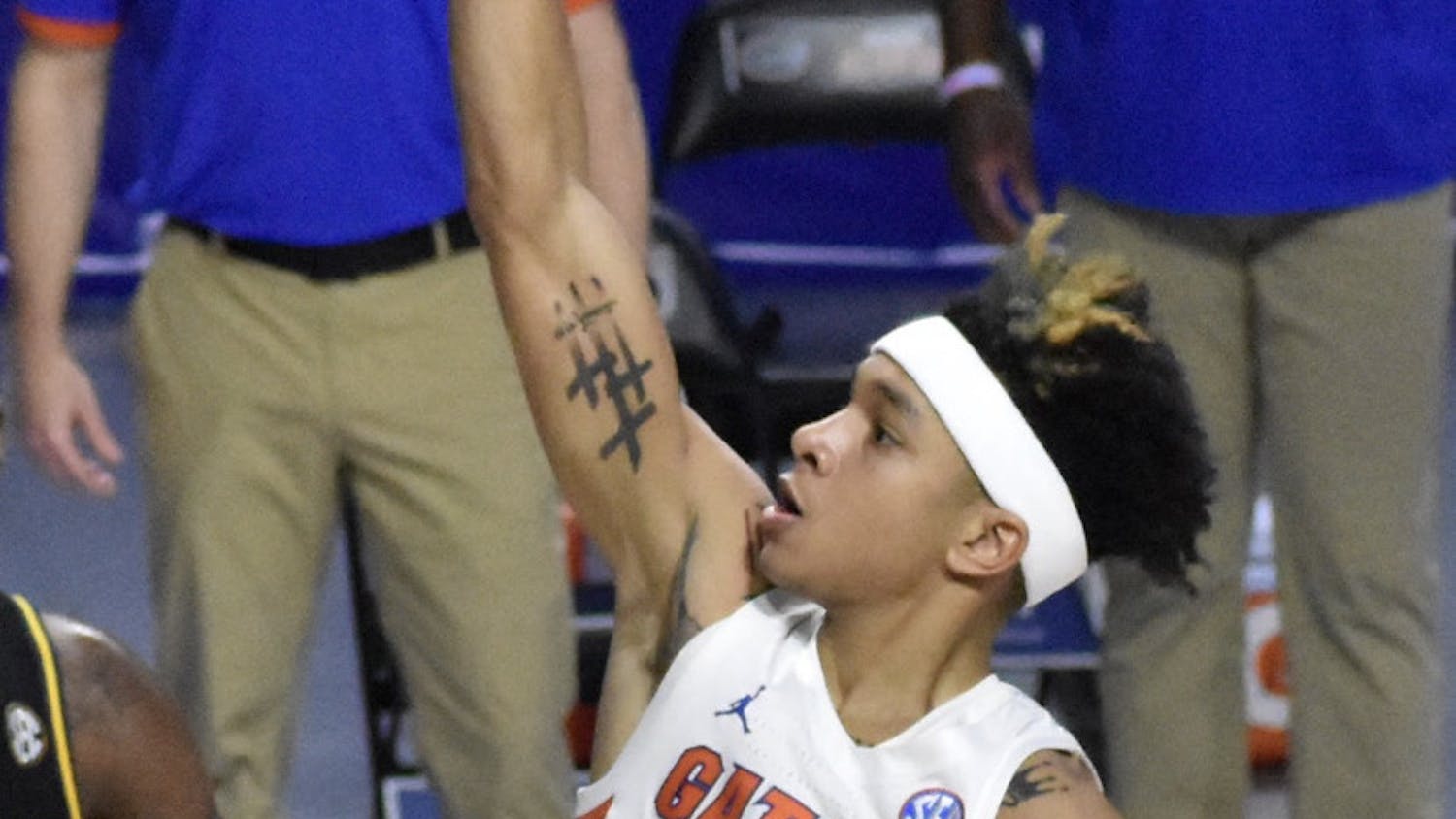Fining student athletes for breaking "rules" is unfathomable, and should be illegal.
On Wednesday, Virginia Tech defensive coordinator Bud Foster revealed to reporters a proposed policy of fining players for violations.
This list of perceived violations includes everything from missing class — where the fine ranges from $30 to $90 depending on the frequency of the class — to being fined $50 for having a "dirty dorm or locker."
Completely ignoring Virginia Tech’s admittance that the football program considers having a dirty locker to be a more egregious offense than missing class, the list of finable offenses is absurd and ill advised.
Who inspects the player’s dorm and determines whether he should be fined? That sounds like a worthless job.
It’s unrealistic to expect student athletes, especially football players, to have part-time jobs on top of rigorous practice sessions and classes.
Therefore, the fines would be taken from a player’s cost-of-attendance stipend, which went into effect for the first time on Aug. 1.
These stipends typically range from $2,000 to $5,000 per year depending on a slew of factors, and athletes rely on them for basic necessities.
How is this policy legal? It might not be.
Under NCAA rules, coaches cannot reduce a player’s financial aid — simple as that. Forcing a player to pay a fine with stipend money would be a clear violation of this rule, and therefore illegal.
Within two hours of Foster’s comments, Virginia Tech athletic director Whit Babcock issued a statement through the school saying the system of issuing fines "will be discontinued immediately."
The idea that VT coaches believe fining players could even be considered would seem to indicate student athletes are considered employees — a notion the NCAA has dismissed for years.
Despite the about face of Virginia Tech’s athletic department, other universities are bafflingly considering adopting similar policies.
Cincinnati football coach Tommy Tuberville said Thursday he’s considering withholding players’ cost-of-living funds for breaking team rules.
Heads up Tommy, but I don’t think that’s going to last very long, even if Bearcats athletic director Mike Bohn continues to insist deducting money from a player’s stipend is a "tool" rather than a fine.
No, Bohn. You’re the tool.
Social media and the Internet have put football under a consistent and intense microscope — every athlete’s actions are monitored and their freedom of speech is limited to avoid embarrassment for the university.
Hence why Virginia Tech and Cincinnati want to fine players: It’s one of the few remaining ways to discipline players and emphasize personal accountability.
Florida sophomore wide receiver Brandon Powell said Thursday he hasn’t received his cost-of-living stipend check yet, but he will soon.
He said he knows of players who also send money home to their families, and the stipend could alleviate added stress.
Powell doesn’t have to worry, however, because UF coach Jim McElwain said he has no intention of fining players.
"That’s something they put in nationally to help these student athletes," McElwain said. "It’s theirs."
That’s right, it’s theirs.
It’s the student athlete’s decision to determine what the stipend money is used on, and it’s their choice.
The athletes that make it to the top of their profession don’t need to be fined for missing practice and class.
They don’t miss practice and they realize the importance of an education — both for personal reasons and the understanding of being a student so you can remain an athlete.
The ones who fail to hold themselves accountable despite their unique opportunities are hurting themselves and their family, who had high expectations for ultimately unmotivated kin.
They won’t be missed.
Follow Graham Hall on Twitter @Graham311
FILE - In this Oct. 15, 2011, file photo, Virginia Tech defensive coordinator Bud Foster against Wake Forest during the second half of an NCAA college football game in Winston-Salem, N.C. Foster found out quickly that just because his players have extra cash in the form of stipends, it does not mean he can fine them when they screw up. Coaches cannot take away scholarship money, but they can withhold things like tickets, bowl gifts and per diems. (AP Photo/Bob Leverone, File)






